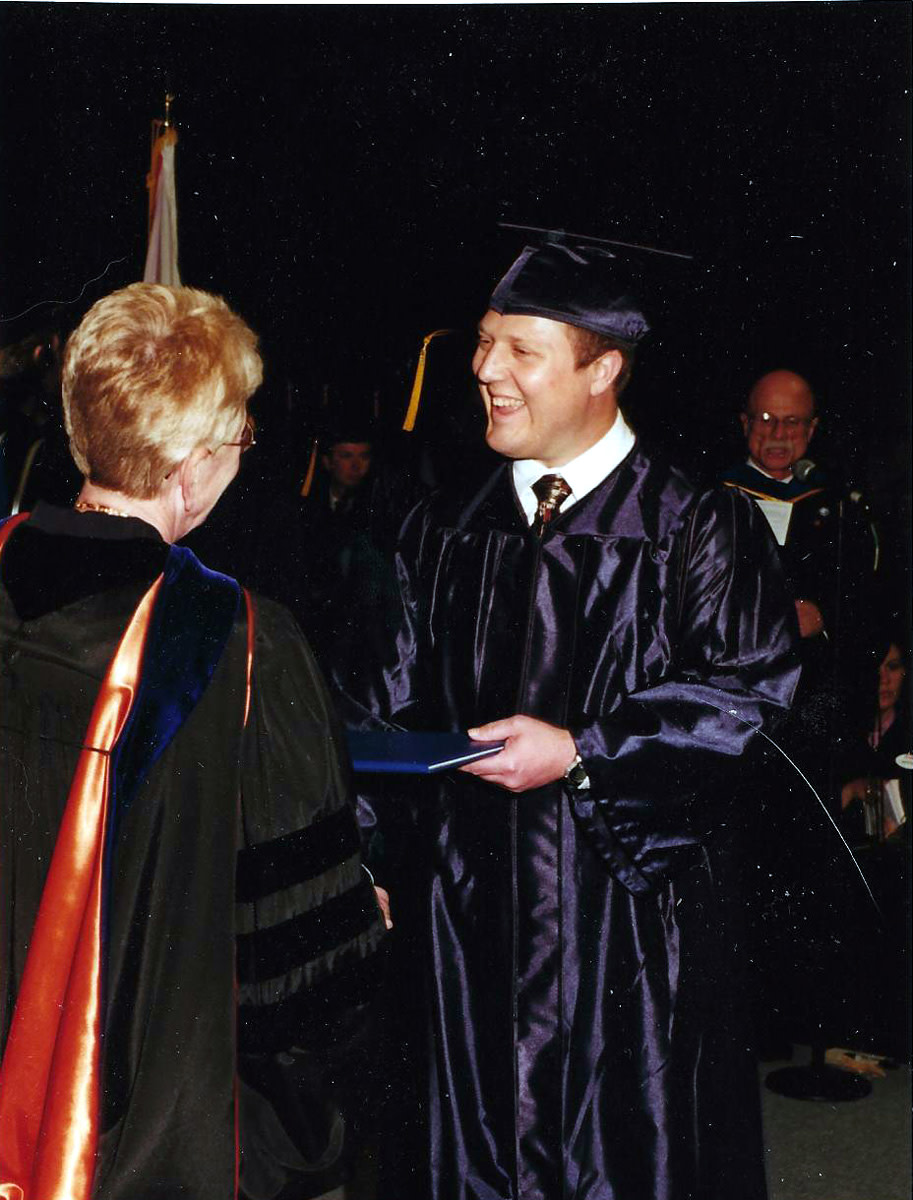Tips for How to Find a Job After College

Finding a Job After College
I've been hearing many stories recently about people who've spent one hundred to two hundred thousand dollars on a college education only to learn that finding a job is anything but given. My local newspaper caught my eye recently featuring many of these students, including one who had graduated from Harvard but still couldn't find a job in his field. He was working as a janitor. Luckily, he had received financial aid and didn't have any loans to pay off. Others, however, aren't so lucky. There are students with a tremendous amount of debt who are unable to find jobs in their field and resort to working odd jobs and living with their parents, hoping to land their dream job.
So, what's going on? Certainly the economy has been struggling and younger people have been suffering the most with a higher unemployment rate and lower wages than those in older age groups. But is there something else happening here? One thing I noticed as I read the many profiles of the students who were unable to find work in their field of study is that many had something in common. They had studied in a field that's not in high demand or that's known to offer mostly low paying employment.
- College ROI: Is College Worth the Investment?
Given the high cost of attending college today, it's important to think about the return on investment of your degree. Ultimately, it may make more sense not to attend college. This article weights the options. - High Demand Jobs Profile: Marketing Research
Marketing research careers are growing faster than average, pay well, and offer great working conditions and benefits. This article outlines all you need to know to get into this field. - How to Consolidate Your Student Loans and Pay Them O...
Because of the high cost of college, many young adults are graduating with large amounts of debt. This article will help you navigate your repayment options for both Federal and private student loans and will help you pay them off quickly. - Four Great Jobs for Physics Majors
Are you considering a degree in Physics? Physics majors learn extensive skills in problem solving and critical thinking, which can translate to careers in many fields including mathematics, actuarial science, engineering, teaching, and of course phys
The Key to Finding a Job is Studying in the 'Right' Field
What were the common areas of study from the profiles I read? Some had majored in sociology, others in psychology or history and still others in artistic fields like creative writing, dance or theater. Don't get me wrong, the world needs psychology, sociology and history majors and the creative arts are vitally important in this world. However, it's possible that those fields either don't provide specific enough training to be sought after by employers, they aren't in high demand, they have too much competition, or they offer jobs that typically don't pay very well. Many who study in these fields will need to go on to graduate school in order to specialize and gain skills sought after in the job market, adding to the total cost of their schooling.
In addition, I recently read a Wall Street Journal story on the subject. This story described how economists from the New York Federal Reserve and New York University analyzed data from the Labor Department and the Conference Board's database of online help-wanted ads. What they found is that approximately one third of the increase in unemployment among college-educated workers from 2006 through 2010 was the due to workers not having the right skills for the positions available.
The solution then is to pick the right field of study in the first place. The field of study should be in high demand by employers and known to be increasing the rate of job creation in the future. It should teach specific job skills. Only then will the student be more likely to land the job they need to get on their feet economically in this very competitive environment.
High Demand Majors for Jobs After College
What are the areas of study that are most likely to result in a job after college? According to Yahoo! Education the degrees that are most sought after by employers include:
- Health Care: Health care is a broad field with many opportunities. Nursing is the health care degree with the most opportunities right now but there are many other degrees that offer promise including pharmacy, physical therapy, occupational therapy, and medical technicians. Most health care degrees require a strong math and science aptitude but with hard work, most people can meet the demands.
- Business Administration: Those with a degree in business administration will be in high demand with a broad range of job choices, including human resources, marketing, finance, manufacturing, banking, and product development. It also teaches critical thinking and decision making skills. The key to this degree is to specialize in one area, get relevant experience, and show initiative and leadership.
- Computer Science: A degree in computer science continues to be in high demand and for good reason. Computers are everywhere and we need skilled people to manage them, program them, and manage information technology for organizations.
- Accounting and Finance: There will always be a demand for those who can help a company manage their money. As the economy improves, jobs in accounting and finance will be in even higher demand. The great thing about this degree and many others shown here is that all types of companies need accountants so you can work for a company in the industry that appeals to you.
- Engineering: A degree in engineering requires a strong aptitude for math. There are also many different types of engineers so you're bound to find a job that appeals to you. From civil engineers to electrical to bio medical, the opportunities are vast.
- Marketing: A marketing degree also provides a lot of different opportunities and is in high demand. One can go into marketing research, sales, product marketing, non-profit marketing, and more. Again, it's important to specialize and gain experience in your area of interest while still in college.
How to Combine Your Dream Job with What Employers Want
Let's say you've looked at the list of high demand college degrees and are less than thrilled. Perhaps none of these degrees interests you and are far from your vision of a dream job or career. What should you do? I would recommend trying as best you can to combine your passion with what employers are looking for. If you have a passion for dance and theater, can you get into the business side of the industry with a degree in business administration? If you want to be a social worker, instead of a degree in sociology, which is very broad, why not focus in on one area with some type of health care degree?
What do you do if you've already finished your degree and you can't find a job? This is a difficult situation but the best way forward is to get additional training. One doesn't necessarily need a graduate degree either. When I was younger, as I was fininishing my bachelor's degree in marketing, I was working as a secretary. In order to secure experience in marketing research, I asked my boss if I could design, administor, and analyze a customer satisfaction study for the company. She agreed and was happy to have the information at hardly any cost to the organization. In the meantime, I got valuable experience in the field I wanted to pursue. It was this experience that I believe helped me get my first job.
By figuring out how to combine what you want to do with what employers want and working to get the experience and skills you need, you'll be on your way to landing your dream job.








